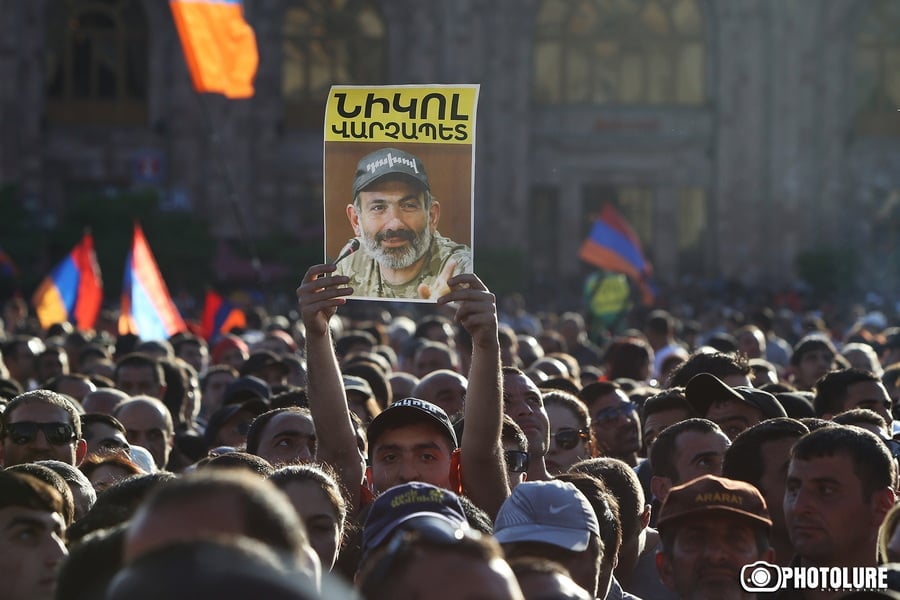Lately, I’ve been hearing the words “people-hating” or “enemy of the people” quite often — terms that are especially popular among our current government. But what exactly do they mean by “the people”? The term is vague and fluid. In this context, the authorities don’t seem to mean the ethnos, the nation, or even the citizens of the Republic of Armenia.
Instead, there appears to be a single, extraordinary individual who “loves the people,” “thinks about the people,” and “serves the people.” Let’s not point fingers, but we all know this is Nikol Pashinyan.
So who are “the people” according to CP (Civil Contract) members? They are a mass of Nikol-worshippers who understand what the “real Armenia” is and know that it’s fashionable to be educated. Everyone else — even if they are citizens of the Republic or ethnic Armenians — are not considered part of “the people.” They are labeled “the former,” “Karabakhis,” “pro-Russians,” or defenders of the “unpopular” Catholicos.
“There were only 1,500–2,000 people at Zvartnots Airport,” a CP member scoffed recently, referring to those who gathered to welcome the Catholicos. Even if it had only been 200 — are they not “people”?
Read also
We often hear, “The people decide who should be prime minister.” No — the National Assembly makes that decision. And “the people” don’t directly decide who enters the National Assembly either. That’s determined by the proportion of votes cast by citizens who show up at polling stations on election day.
“The Armenian people must decide who will be the Catholicos of All Armenians.” Again, no — that is the responsibility of the National Ecclesiastical Assembly. And rightly so: holding global elections across dozens of countries with Armenian populations would be a logistical absurdity.
…“You know what, Professor, you ought to be arrested,” says the young revolutionary girl, raised by Shvonder, in Bulgakov’s Heart of a Dog. “Why?” asks Professor Preobrazhensky. “Because you hate the proletariat,” she proudly replies. “Yes, I don’t like the proletariat,” Philip Philipovich quietly concedes.
The “people” of our Civil Contract members resemble the “proletariat” of Bulgakov’s Shvonders.
Aram ABRAHAMYAN



















































